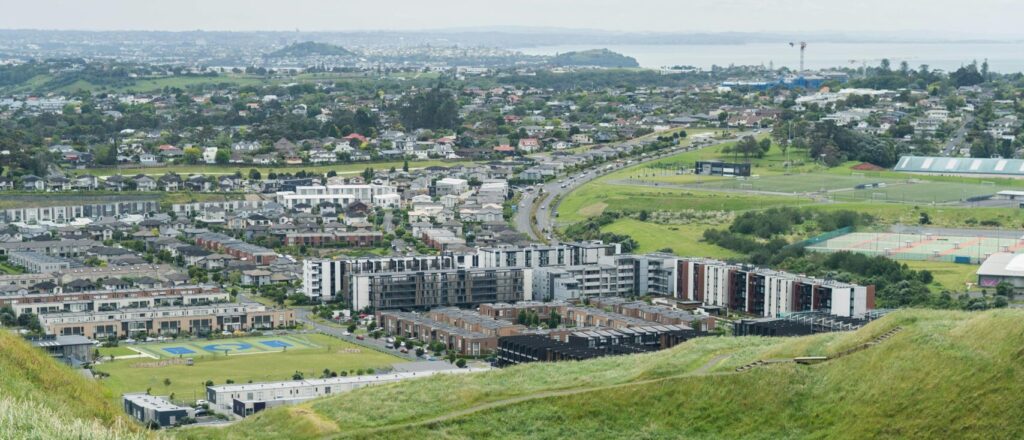An Exploration of Affordable Housing Policies in Auckland
The document titled “An Exploration of Affordable Housing Policies in Auckland” authored by Mario Andres Fernandez, published by the Auckland Council Research and Evaluation Unit in September 2019, provides a comprehensive analysis of various affordable housing policies aimed at addressing the pressing issue of housing affordability in Auckland, New Zealand.
Introduction
Housing affordability has emerged as a critical concern in New Zealand, particularly in Auckland, where many families struggle to find secure and affordable housing options. The paper evaluates a set of policies through a matching simulation model that assesses how well these policies align with the distribution of housing prices and household incomes.
Key Policies Evaluated
- Targeting Affordable Housing: This policy aims to direct affordable housing to specific population groups, akin to inclusionary zoning. It seeks to ensure that a portion of new developments remains affordable for lower-income households.
- Shared Ownership Schemes (SO): These schemes allow individuals to purchase a share of a property while paying rent on the remaining share, making homeownership more accessible.
- Cascading Release of Affordable Houses: This approach involves initially restricting affordable houses to targeted groups before gradually releasing them into the broader market. This method aims to maintain a competitive housing market while ensuring developers remain incentivized to build.
The results indicate that these affordability policies can effectively increase the number of house sales and improve market outcomes by incorporating affordable housing into the overall housing mix.
Background on Housing Affordability
The document outlines the severe housing affordability crisis in Auckland, where many working families face challenges in securing decent rental properties or achieving homeownership. The economic and social ramifications of this crisis are profound, necessitating targeted interventions alongside broad initiatives aimed at increasing overall housing supply.
Initiatives and Strategies
The paper discusses several initiatives currently being implemented or planned in Auckland:
- KiwiBuild: This government program aims to construct 100,000 affordable homes over ten years, with half allocated for Auckland. It seeks to address the significant housing shortfall by providing homes priced at or below NZ$500,000.
- Auckland Unitary Plan (AUP): Implemented in 2016, this plan allows for increased density and flexibility in land use, enabling the construction of approximately 400,000 new homes. Research indicates that this upzoning has led to a substantial increase in building consents and has contributed to a deceleration in rent growth compared to national averages.
- Rental Subsidies: Programs like the Accommodation Supplement provide financial assistance to low-income renters, helping them afford housing costs.
Challenges and Considerations
Despite these initiatives, the paper highlights ongoing challenges in achieving true affordability. The Special Housing Areas (SHAs) established under various policies have shown mixed results; while they may increase the likelihood of higher-priced transactions, their effectiveness in generating affordable housing remains questionable. Moreover, the complexity of modeling housing decisions is acknowledged, as factors such as location, income levels, and market conditions significantly influence housing choices.
Conclusion
The exploration of affordable housing policies in Auckland underscores the need for a multifaceted approach to tackle the city’s housing crisis effectively. While initiatives like KiwiBuild and the AUP have made strides toward increasing supply and improving affordability, there remains much work to be done. The interplay between policy design, market dynamics, and community needs will be crucial in shaping a sustainable future for affordable housing in Auckland.In summary, Fernandez’s analysis serves as an essential resource for understanding both the potential and limitations of current affordable housing strategies in Auckland, advocating for continued innovation and targeted interventions to meet the growing demand for accessible housing solutions.

Also Read: Public housing as urban heritage: experience and research approach in Spain
